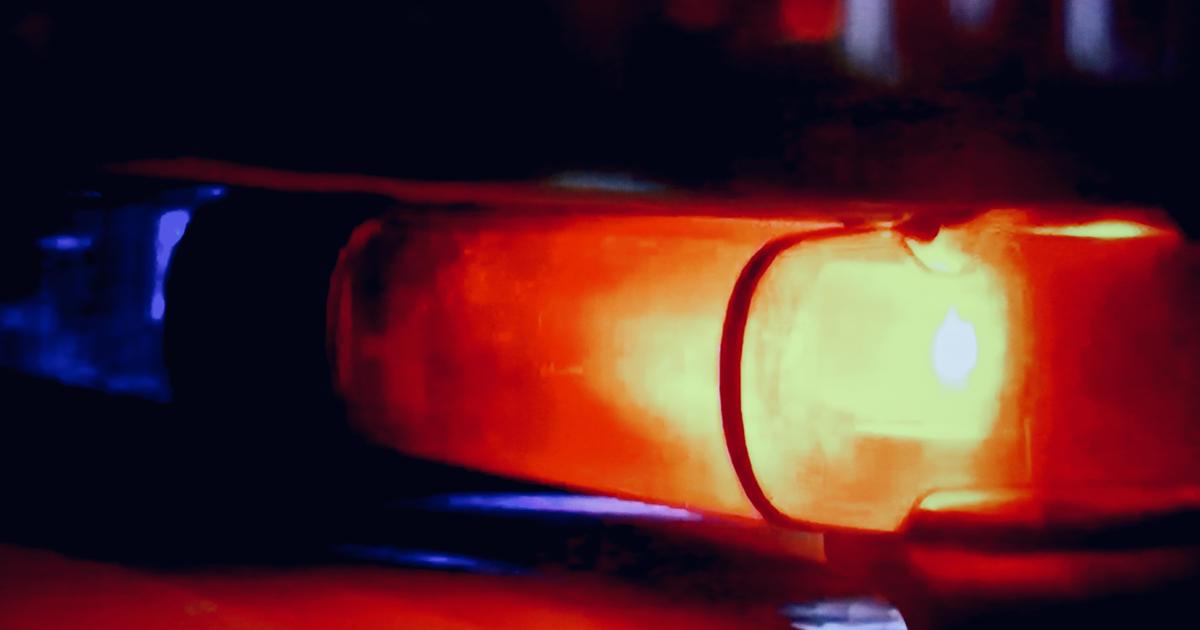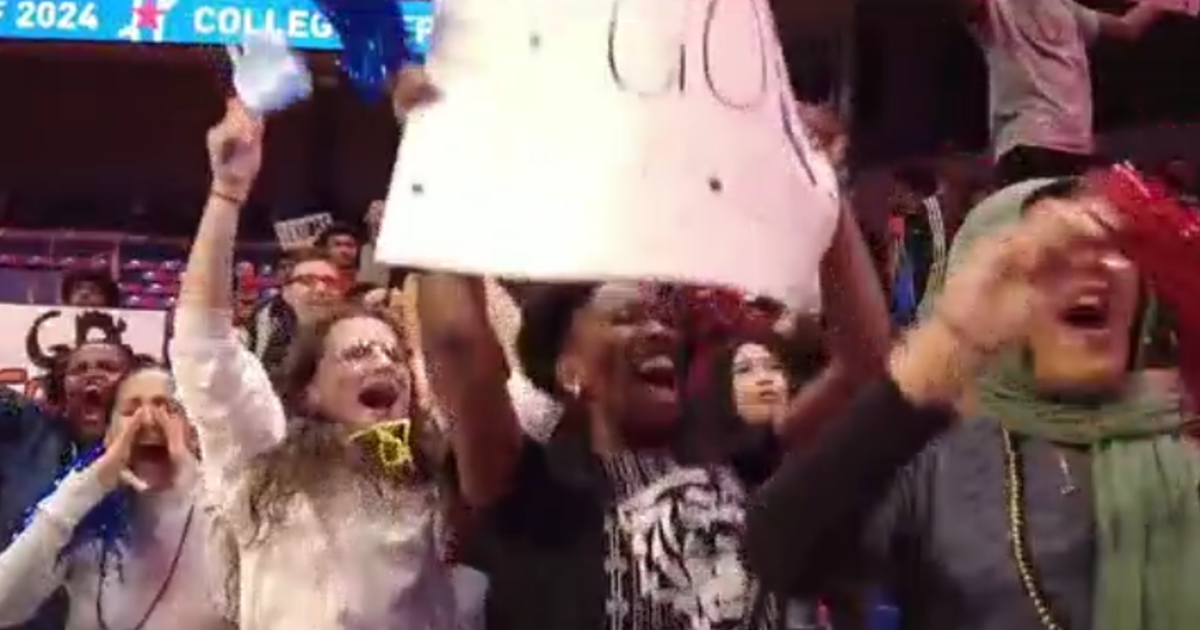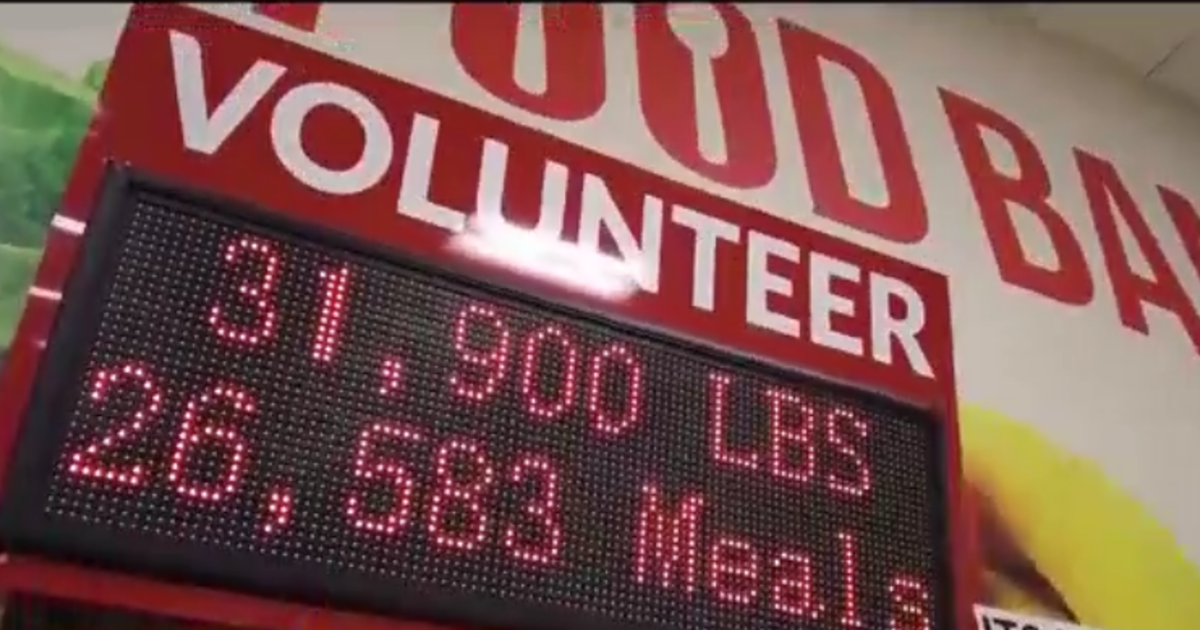A year after Colleyville synagogue hostage standoff, men held at gunpoint 'are healing, not healed'
COLLEYVILLE, Texas (CBSDFW.COM) — It's been one year since Jeffrey Cohen, Lawrence Schwartz, and Shane Woodward - along with their Rabbi, Charlie Cytron Walker - were held hostage at gunpoint for hours while praying during the Shabbat service on what should have been a quiet Saturday morning at Congregation Beth Israel in Colleyville.
"We're healing, we're not healed. We're getting there. I am permanently changed. I'm much more aware of my surroundings everywhere that I go. I'm much more on edge."
For Schwartz and Woodward, it's the first time they're sharing their experiences publicly.
Schwartz said, "I think I've been coping ok. I haven't needed any psychological help. I'm trying to get back in my groove again and hope that 2023 will be a better year."
Woodward said, "I feel like I'm healed. I'm just more cautious and more aware of my surroundings."
Rabbi Cytron Walker is now leading a congregation at a North Carolina synagogue, a move that is unrelated to the hostage situation. While he was under the weather and unavailable this week for an interview, the Rabbi has been very vocal about his experiences. He shared his story with CBS-11 anchor Doug Dunbar last year, testified before Congress, and spoke at the White House last month during a ceremony for Hanukkah.
Cohen, Schwartz, and Woodward said their memories of that long day last year are still fresh.
The Rabbi had welcomed Malik Akram, a British national, into the synagogue that morning because of the cold weather. An hour into their religious service, he took out the gun he bought on the streets of Dallas and threatened them. The hostage taker demanded the release of a female terrorist imprisoned in Fort Worth.
Woodward said, "The gun he had was pointed at us the entire time."
Schwartz, who's 87, said their attacker told him that he reminded him of his dad. "He kept calling me dad. He called me dad all the time."
The men said the FBI's team of agents, which had grown throughout the day, offered to bring the hostage taker food in exchange for letting one of the men go. Akram refused at first but eventually told the men one of them could leave.
They decided Schwartz should be the one to go.
Woodward said, "I told him 'Brother, today you're going to go home.' And I don't know if he actually heard what I said."
In response, Schwartz said, "Truthfully, I didn't know I was going to be let out. I have a very serious hearing problem."
Woodward said, "He started walking to the restroom and we started yelling at him, no, go out the door."
Schwartz said, "Everyone is yelling at me, go out the door and the next thing I know, I'm out the door with my hands up. I really felt bad I was leaving them behind."
Hours went by.
When the imprisoned terrorist refused Akram's request to speak with him, he became bitterly angry. Cohen said, "He had turned off the phone with the FBI and the last thing he said is, 'I'm going to put a bullet in each one of these guys,' and he said get down on your knees to us and I leaned forward and I looked at him and I shook my head and I said no."
Shortly after, when their hostage taker had trouble opening a can of soda, they plotted their escape.
Woodward said, "Rabbi Charlie turns to me, he's asking me, can you run? Oh yeah, I can run. He looked at us and just yelled run."
Cohen said, "We did and then Charlie threw one of the chairs at him."
Woodward chuckled, "I don't even know if my feet touched the ground."
They ran out of the synagogue to the FBI agents.
Cohen said, "I can't praise these folks enough, not just for what they did for us, but the professionalism throughout the day, just amazing."
The agents killed the hostage-taker, who had said he chose their synagogue because he believed old antisemitic tropes.
"He kept repeating them," said Cohen. "That Jews controlled the government, Jews controlled the media, Jews controlled the banks. People like that are very, very dangerous."
Antisemitic acts are on the rise nationwide. During the past several months, rapper Kanye West, also known as Ye, made a series of antisemitic rants on his social media accounts, where he has more than 31 million followers -- more than twice the number of Jews worldwide.
"It's crazy that we're here in 2023 and now still having these conversations. I'm very frustrated and very angry about the whole situation."
"It's got to stop because it's dangerous. We've got to get past the point where we can be polite and just let it go."
The men said they know most people don't support the antisemitic messages. What's left a lasting impression is the love and support they received from their fellow North Texans.
Schwartz remembered going to a restaurant out to breakfast with his daughter the next day. "I don't know how many people came over to me and just hugged me. I know somebody bought us breakfast. I don't even know who. They were just there putting their arms around us and it really made me feel much better."
Woodward said, "Friends, family, strangers, people I haven't talked to in years called just to check to see how are you doing. That just made a huge difference."
Now president of the congregation, Cohen thanked the community on the synagogue's website. "On that horrible day and the months that followed, you showed, by your actions and words, what Community is and what Community can be. We will never forget your many kindnesses and we again express our profound appreciation."
When asked why this was important for him to write, Cohen said, "This is still a little emotional for me. The number of people who just showed up. The number of people who were over at Good Shephard where the families were, where the base of operations was, the media center was. These are people who didn't have to. They were people from the community."
Executives who he's never met at the company where he works also called. "One of them said, 'Oh gosh, my pastor called us in to have a prayer circle, I didn't expect it was somebody I know. Forgive me.' It's that outreach, it's that out-pouring of support that we got."
Support he said that has proved to be so meaningful.
WATCH THE FULL INTERVIEW HERE:




